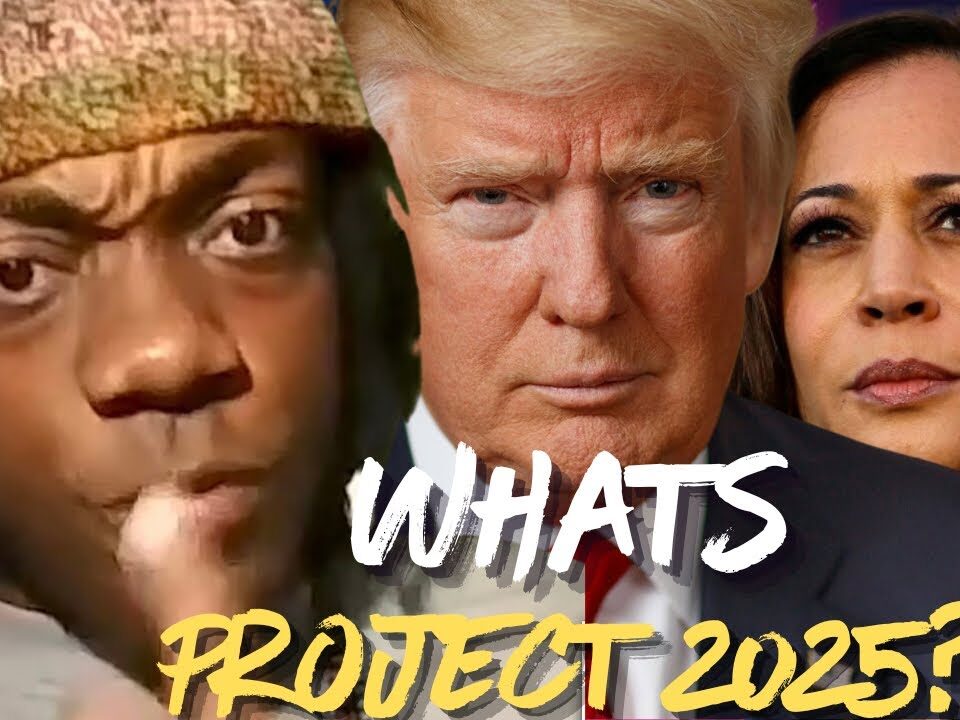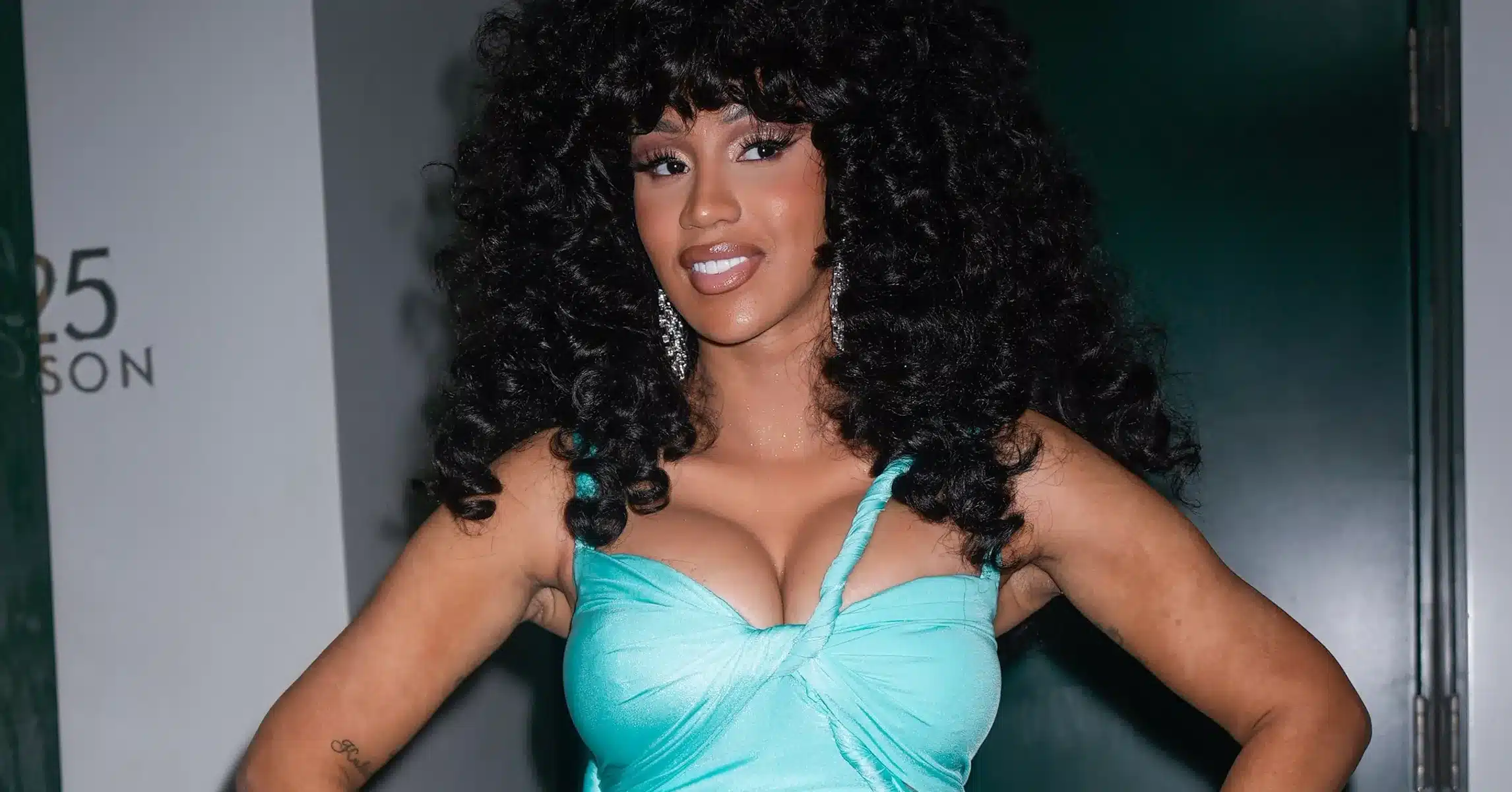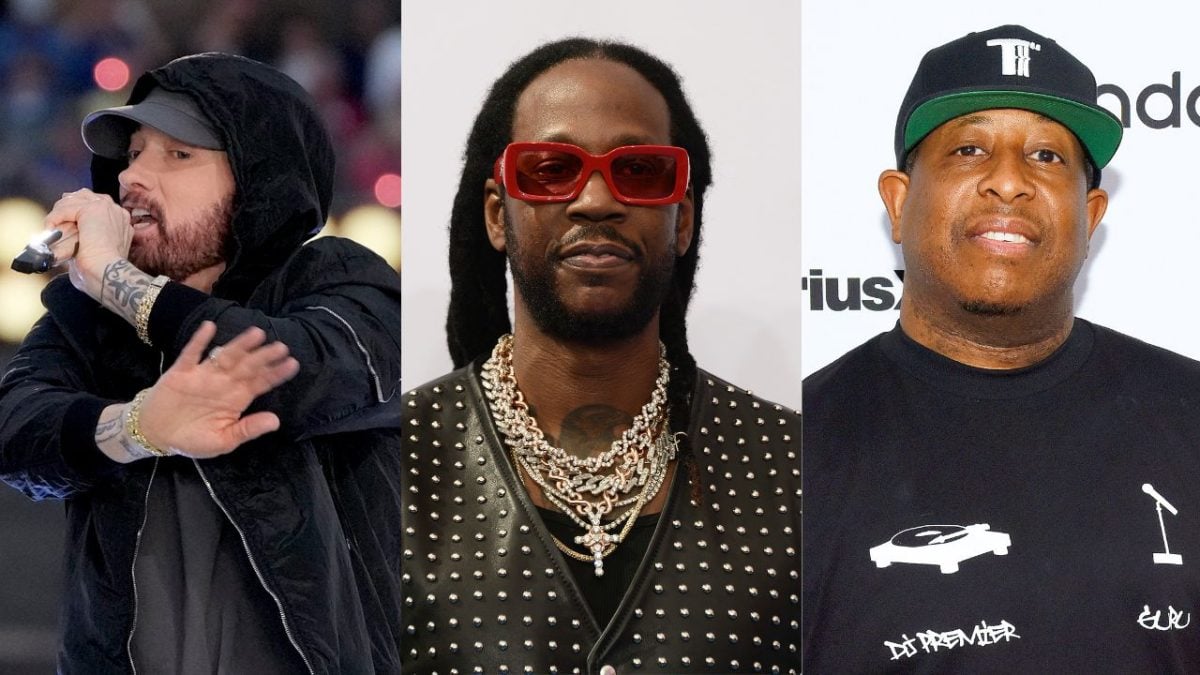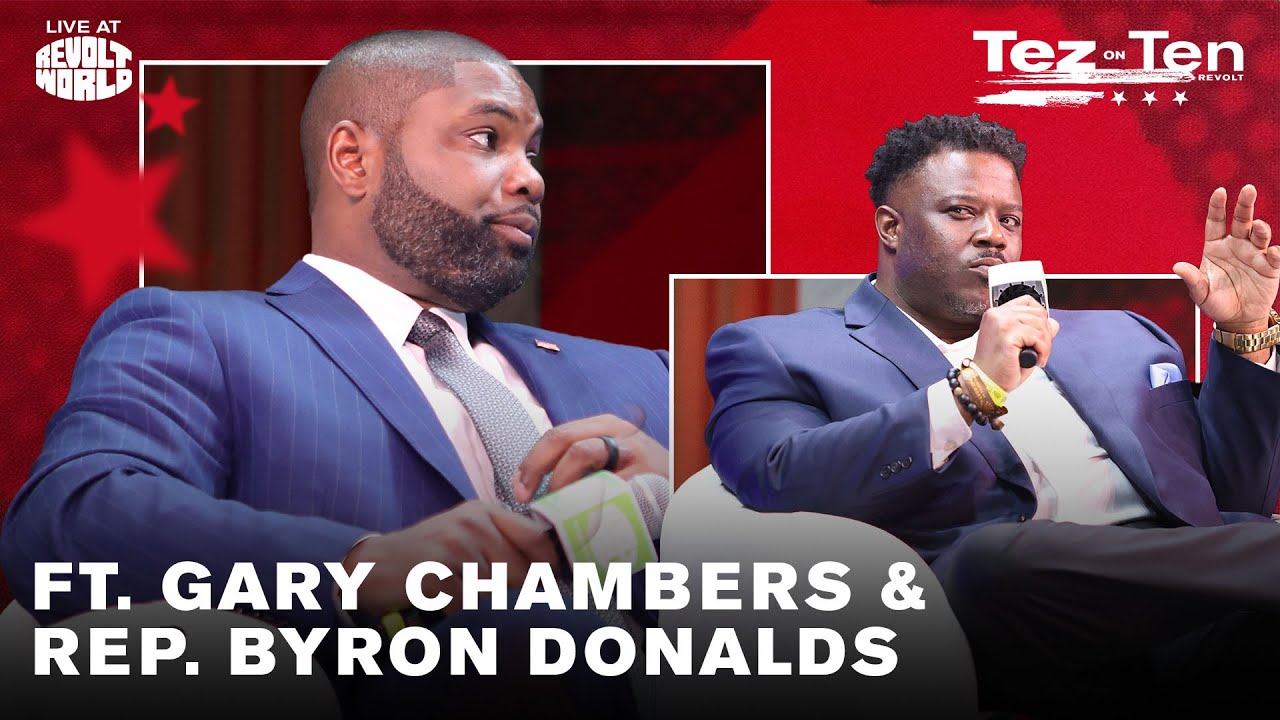The Hip Hop ental podcast dives into political discussions with guest Greg Marcel Dixon, unraveling thoughts on Biden’s unexpected campaign end and Harris’s nomination.
- Dixon expresses skepticism about Kamala Harris’s nomination, pointing to a lack of broad endorsements from key political figures like Obama and Chuck Schumer.
- The guest delves into the dynamics of political symbolism, particularly in the black community’s perception of Harris’s potential candidacy.
- Concerns about mass immigration and its effects on African American communities are highlighted, with Dixon expressing strong opinions on border policies.
- The episode touches on historical and systemic challenges faced by African Americans in politics, urging a move from emotional to logical decision-making.
On the Hip Hop ental podcast, guest Greg Marcel Dixon dives deep into the political landscape, sharing thoughts on Joe Biden’s campaign decisions and Kamala Harris’s place as a candidate. There’s a lot of speculation in the air, and Dixon brings it right to the forefront.
He finds Biden’s campaign maneuvers particularly curious, noting the absence of a decisive press conference about stepping down. This move leaves political commentators and the public wondering what might be happening behind the scenes.
Dixon gives a candid take on Kamala Harris’s current standing. Despite initial hesitations from political heavyweights like Nancy Pelosi, she recently received Nancy’s endorsement, although notable figures like Obama have yet to rally behind her.
There’s a lively discussion on the symbolism that Harris’s candidacy represents for some in the black community. The excitement is tempered by poll numbers that show Harris trailing Biden against Trump in hypothetical matchups.
Dixon aims his focus on immigration policies, reflecting his belief that both legal and illegal immigration impact African American communities negatively. He’s notably critical of how resources are allocated to immigrants compared to those struggling within these communities.
Historical reflection comes into play as Dixon discusses systemic challenges African Americans have faced, from slavery to Jim Crow, and into today’s political arena. He suggests that politics should be driven by logic rather than emotion, especially as it pertains to the African American vote.
The conversation also branches into how media narratives shape the political perceptions of African Americans. Dixon highlights how the black community often is swayed by emotional appeals rather than policy-driven agendas.
Touching on public figures in the media who might perpetuate such narratives, Dixon doesn’t hold back, suggesting alliances might exist between media personalities and political parties to sway public opinion.
Ultimately, the discussion centers around self-interest in political engagement. Dixon urges African Americans to pursue political representation that truly reflects their needs, advocating for forming strategic voting blocs.
Whether discussing potential electoral outcomes or dissecting the social fabric of political engagement, the episode offers an unflinching look at the intertwining of race, politics, and media perceptions.
The episode challenges listeners to rethink political engagement, moving from symbolic gestures to substantive policy-driven actions.










